Buying your first home is a monumental step in life. However, the process can seem overwhelming without the right information and preparation. This guide will help you navigate the journey from planning your finances to securing your dream home.
1. Financial Preparation
Before starting your search, evaluate your financial readiness:
- Budgeting: Calculate how much you can afford by considering your income, monthly expenses, and long-term financial goals. Don’t forget additional costs such as property taxes, homeowners insurance, and maintenance. Online tools can help you estimate these costs and potential mortgage payments (Investopedia, n.d.).
- Savings: While a 20% down payment is ideal to avoid private mortgage insurance (PMI), many programs allow lower down payments, such as 3.5% for FHA loans (Federal Housing Administration, n.d.).
- Credit Score: A strong credit score improves your chances of qualifying for better loan terms. Lenders typically prefer scores of 620 or higher, with the best rates reserved for those with scores above 740 (Experian, n.d.).
2. Exploring Mortgage Options
Understanding the different types of mortgages is crucial:
- Fixed-rate Mortgages: Offer predictable payments over the loan term, making them a popular choice.
- Adjustable-rate Mortgages (ARMs): Start with lower rates that can fluctuate based on market conditions.
- Government-backed Loans: FHA and VA loans are tailored for first-time buyers or eligible veterans, often requiring lower down payments (HUD, n.d.).
Get pre-approved for a mortgage to determine your budget and demonstrate your seriousness to sellers.
3. Partnering with a Real Estate Agent
A reliable agent can simplify the process by providing expertise and market insights. Look for an agent familiar with first-time buyers and the local housing market. They can assist with negotiations, inspections, and navigating paperwork (Investopedia, n.d.).
4. Clarifying Your Needs
Define what you’re looking for in a home:
- Location: Proximity to work, schools, and amenities is critical. Research neighborhood safety, property values, and community offerings.
- Features: Make a list of must-haves, such as the number of bedrooms, energy efficiency, or outdoor space.
- Future Growth: Consider how your needs might evolve, such as accommodating a growing family or remote work setup (MyFICO, n.d.).
5. Searching for Homes
Once you’ve defined your needs, start exploring options:
- Use online tools like Realtor.com or Zillow to browse listings.
- Attend open houses or schedule private showings.
- Take note of each home’s condition, repair needs, and overall value.
6. Making a Strong Offer
When you find a home you love, work with your agent to submit a competitive offer:
- Research comparable sales in the area to determine a fair price.
- Include contingencies for inspections and financing to protect yourself.
- Be prepared for negotiations, especially in competitive markets (HUD, n.d.).
7. Conducting Inspections and Closing
Once your offer is accepted, you’ll need to:
- Arrange a Home Inspection: A licensed inspector will identify potential issues, such as structural problems or outdated systems.
- Secure an Appraisal: Lenders require an appraisal to confirm the home’s value matches the loan amount.
- Finalize Closing: Review all legal and financial documents, pay closing costs, and sign paperwork to complete the purchase (Federal Trade Commission, n.d.).
Final Thoughts
Buying your first home is a life-changing experience that requires careful preparation and patience. By managing your finances, understanding mortgage options, and partnering with professionals, you can confidently achieve your dream of homeownership.
References
Experian. (n.d.). What is a good credit score to buy a house? Retrieved from https://www.experian.com
Federal Housing Administration. (n.d.). FHA loan guidelines. Retrieved from https://www.hud.gov
Federal Trade Commission. (n.d.). Your rights to dispute credit report errors. Retrieved from https://www.consumer.ftc.gov
Investopedia. (n.d.). First-time homebuyer guide. Retrieved from https://www.investopedia.com
U.S. Department of Housing and Urban Development. (n.d.). Buying a home. Retrieved from https://www.hud.gov
MyFICO. (n.d.). Factors that impact your credit score. Retrieved from https://www.myfico.com






